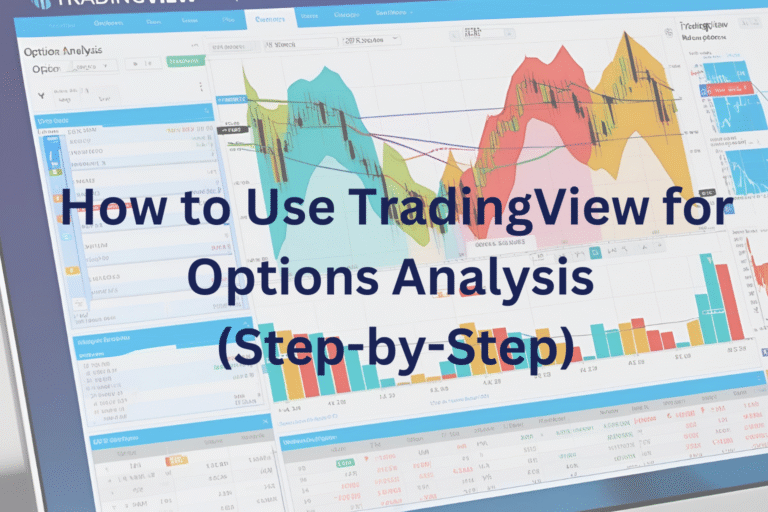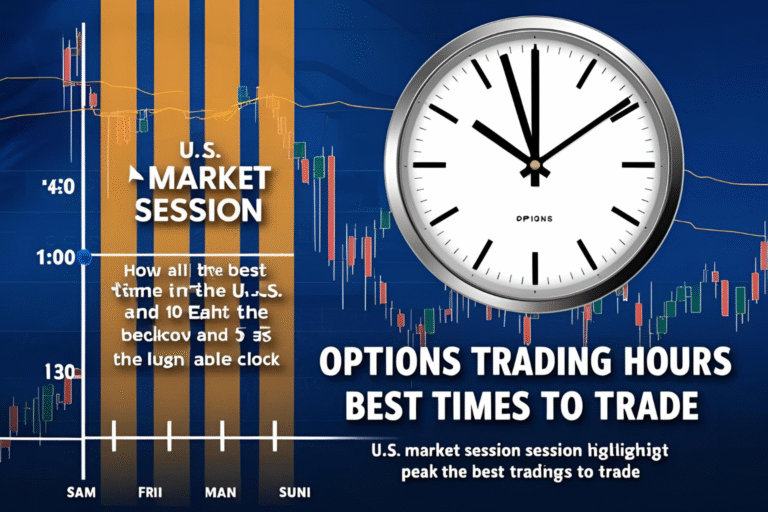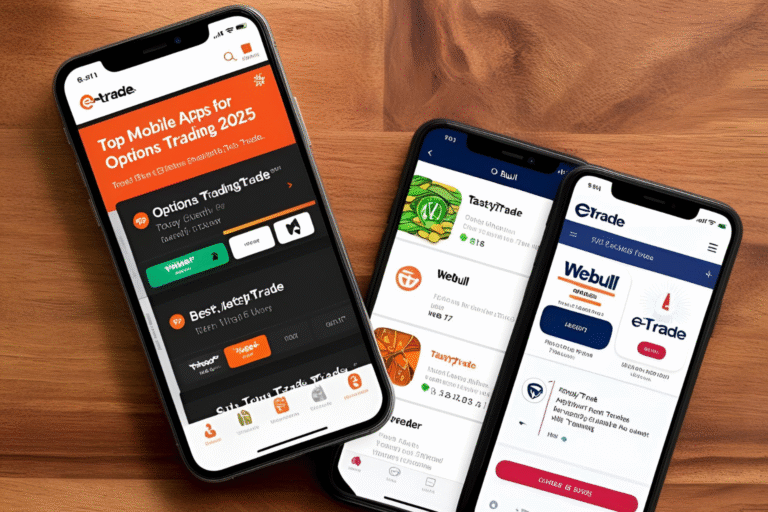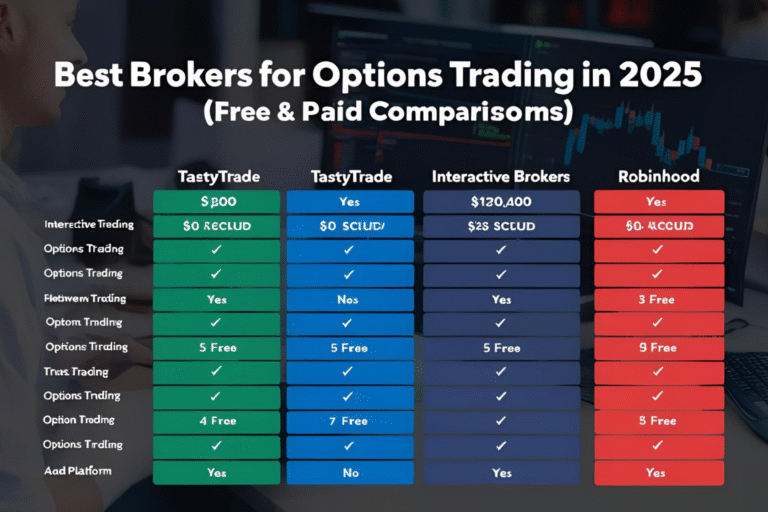How to Use Options Calculators to Analyze Greeks and Risk
Understanding the Greeks is critical to managing risk in options trading, but manually calculating them can be complex. That’s where options calculators and simulators come in. These tools help traders analyse how Delta, Theta, Vega, and Gamma affect option pricing based on real-time conditions.
In this guide, we’ll show you how to use options calculators to evaluate trades and plan better strategies.
What Are Options Calculators?
Options calculators are web or software tools that let you input trade details and return key values like:
- Premium
- Delta, Gamma, Theta, Vega
- Break-even prices
- Profit/loss at expiry or current price
These tools help you simulate outcomes and understand how your trade will behave in different scenarios.
When to Use an Options Calculator
- Before entering a trade – to estimate risk and max gain
- To compare strategies – like long calls vs debit spreads
- When adjusting trades – understand how Greeks shift
- For educational purposes – learn how time or volatility impacts pricing
Best Free Options Calculators
- OptionsProfitCalculator.com
- Simple input/output
- Shows payoff graphs
- Calculates profit/loss across price range
- CBOE Options Calculator
- Official tool from CBOE
- Inputs: stock price, strike, IV, date
- Outputs: Greeks + theoretical pricing
- Thinkorswim Analyze Tab (TD Ameritrade)
- Advanced platform with real-time simulations
- Visual P/L zones and Greek overlays
- Market Chameleon
- Shows implied move, break-even, Greeks, earnings impact
How to Use a Calculator – Step-by-Step
Step 1: Choose your strategy (e.g., buy call, sell put, spread)
Step 2: Input stock price, strike, expiration, IV, and interest rate
Step 3: View output for:
- Delta: Directional sensitivity
- Gamma: Speed of Delta change
- Theta: Time decay
- Vega: Volatility impact
- Estimated P/L and break-even levels
Step 4: Adjust inputs to simulate outcomes (e.g., price rises $5, IV drops 10%)
Benefits of Using Calculators with Greeks
| Benefit | Why It Matters |
|---|---|
| Visualize risk-reward | Makes complex trades easier to manage |
| Compare strategies | Helps choose between spreads, calls, etc. |
| Forecast volatility impact | Critical before earnings or news events |
| Understand decay rate | Plan exits before Theta eats premium |
FAQs
1. What is an options calculator used for?
It’s used to analyze potential outcomes, Greeks, and profit/loss before placing a trade.
2. Can I simulate multiple-leg strategies?
Yes, most calculators support spreads, straddles, condors, and more.
3. Are these tools free?
Many are. OptionsProfitCalculator and CBOE are free to use.
4. How accurate are these calculators?
They’re based on models like Black-Scholes. Real prices may vary due to market dynamics.
5. Do calculators work for all asset classes?
Most support stock options. Some also handle ETFs and indexes.







